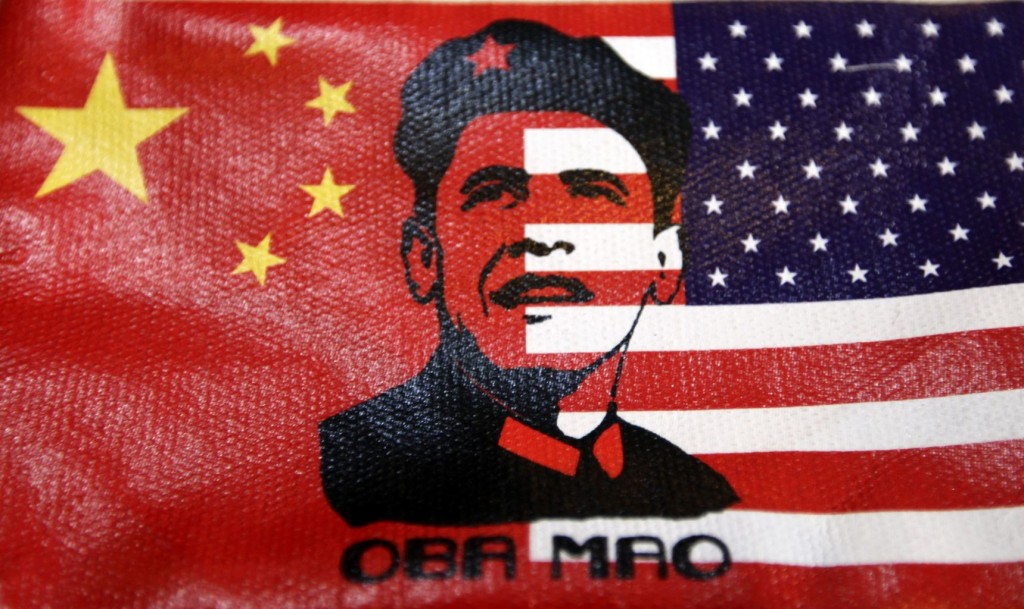“Combination Creates World’s Seventh-Largest Tire Company with $6.6 Billion in Revenue
GURGAON, India & FINDLAY, Ohio–(BUSINESS WIRE)– Apollo Tyres Ltd (NSE: ApolloTYRE) and Cooper Tire & Rubber Company (NYS: CTB) today announced the execution of a definitive merger agreement under which a wholly-owned subsidiary of Apollo will acquire Cooper in an all-cash transaction valued at approximately $2.5 billion. Under the terms of the agreement, which has been unanimously approved by the boards of directors of both companies, Cooper stockholders will receive $35.00 per share in cash. The transaction represents a 40% premium to Cooper’s 30-day volume-weighted average price.
This strategic combination will bring together two companies with highly complementary brands, geographic presence, and technological expertise to create a global leader in tire manufacturing and distribution. Apollo, founded in 1972, has an international reputation for high performance tires across a portfolio of well-known premium and mid-tier brands, including the flagship Apollo brand and Vredestein. Cooper, the 11th-largest tire company in the world by revenue, was founded in 1914 and today supplies premium and mid-tier tires worldwide through renowned brands such as Cooper, Mastercraft, Starfire, Chengshan, Roadmaster and Avon.
The combined company will be the seventh-largest tire company in the world and will have a strong presence in high-growth end-markets across four continents. With a combined $6.6 billion in total sales in 2012, the combined company will have a full range of brands and greater ability to satisfy customer needs worldwide….”
Comments »

